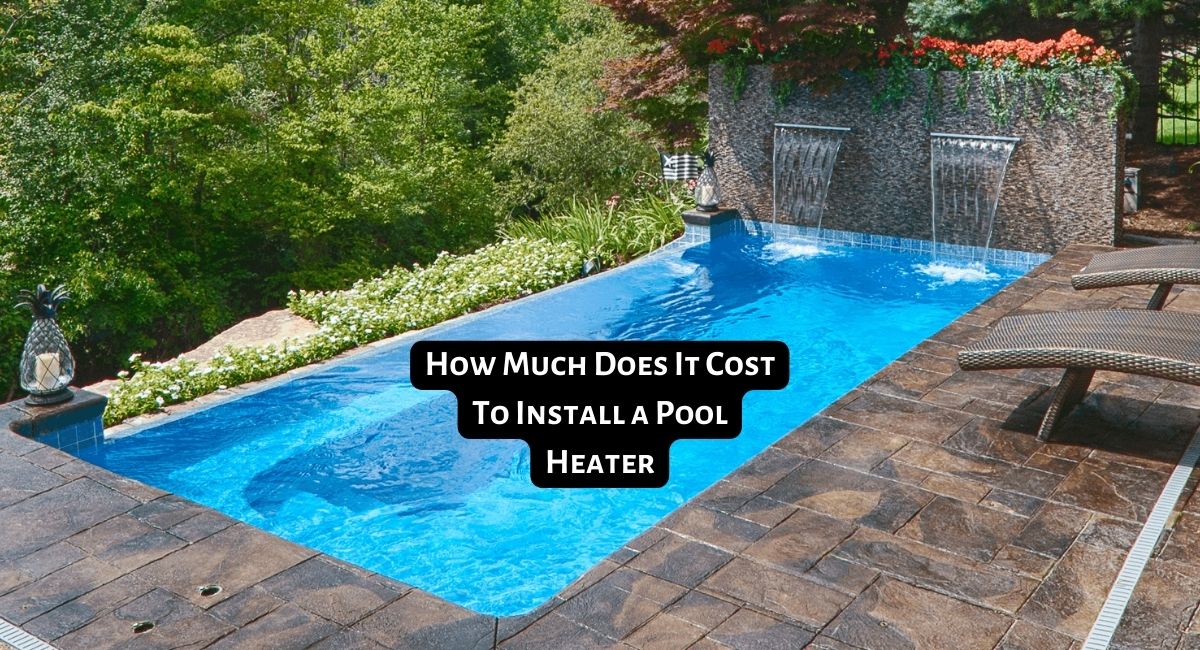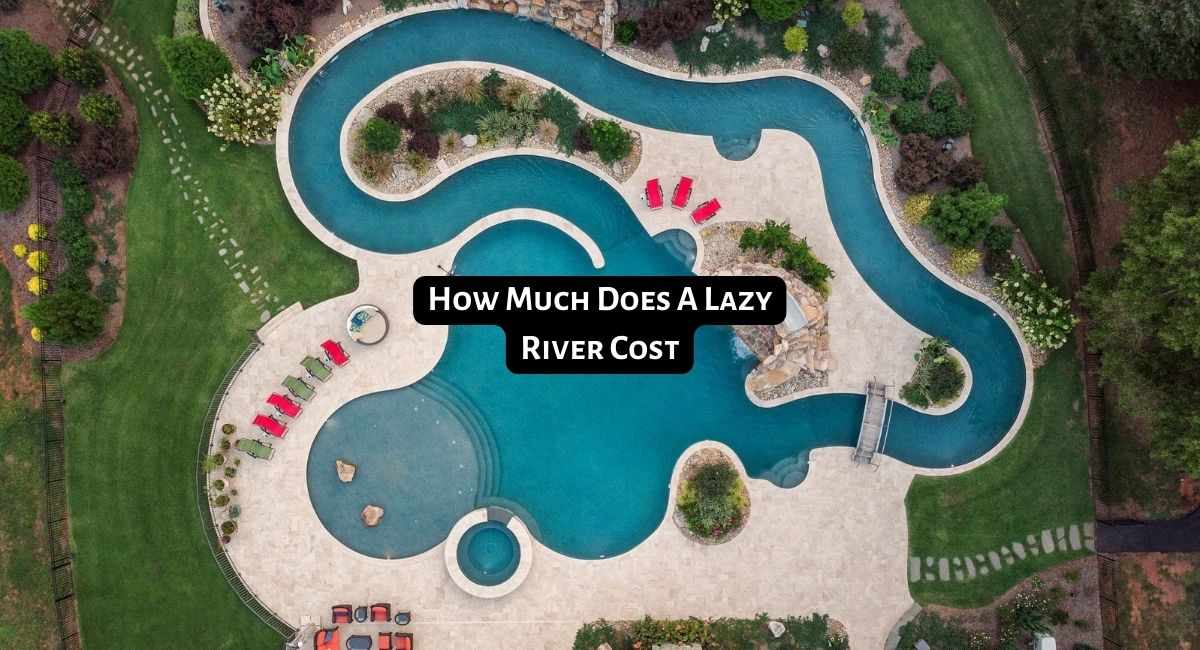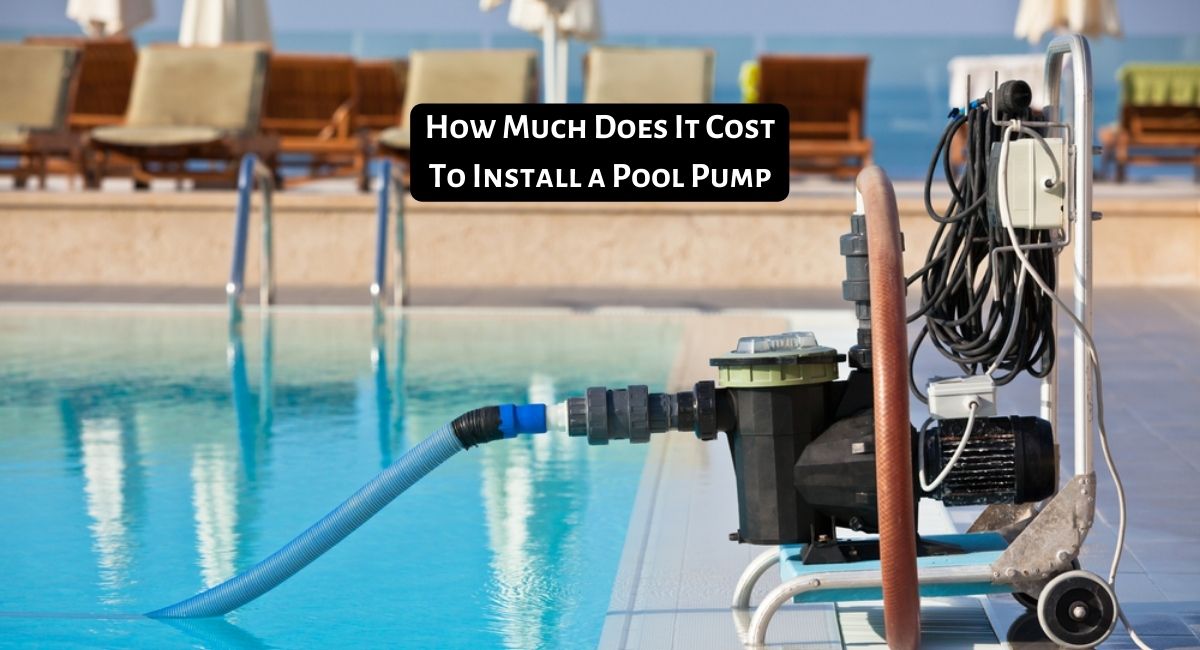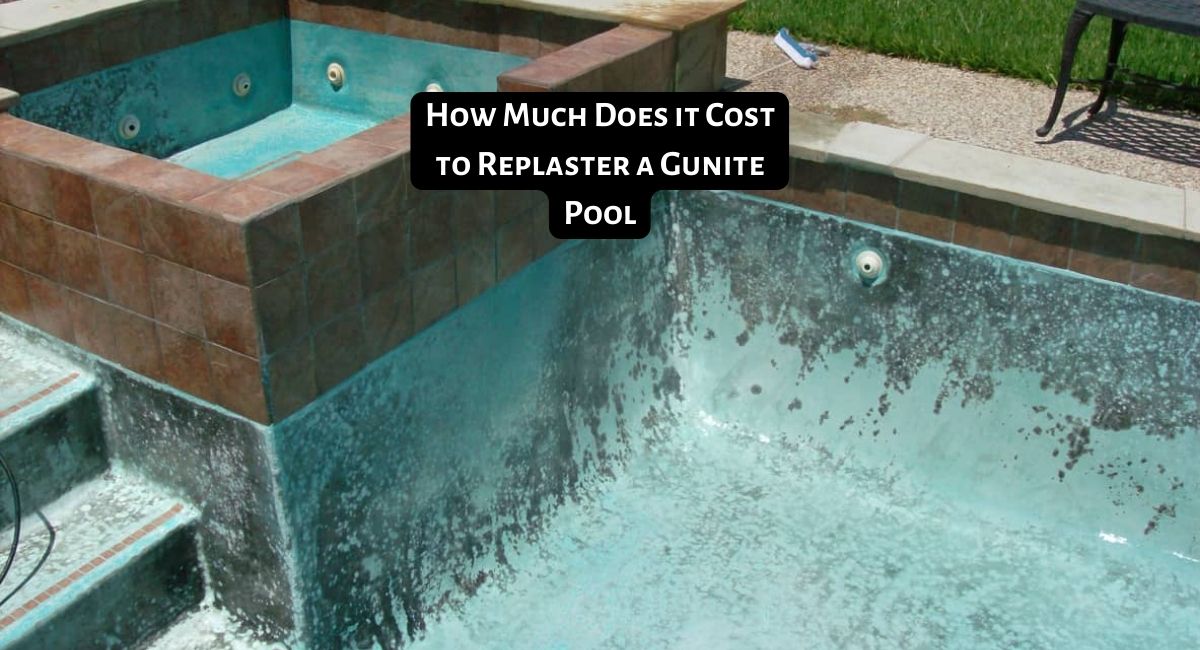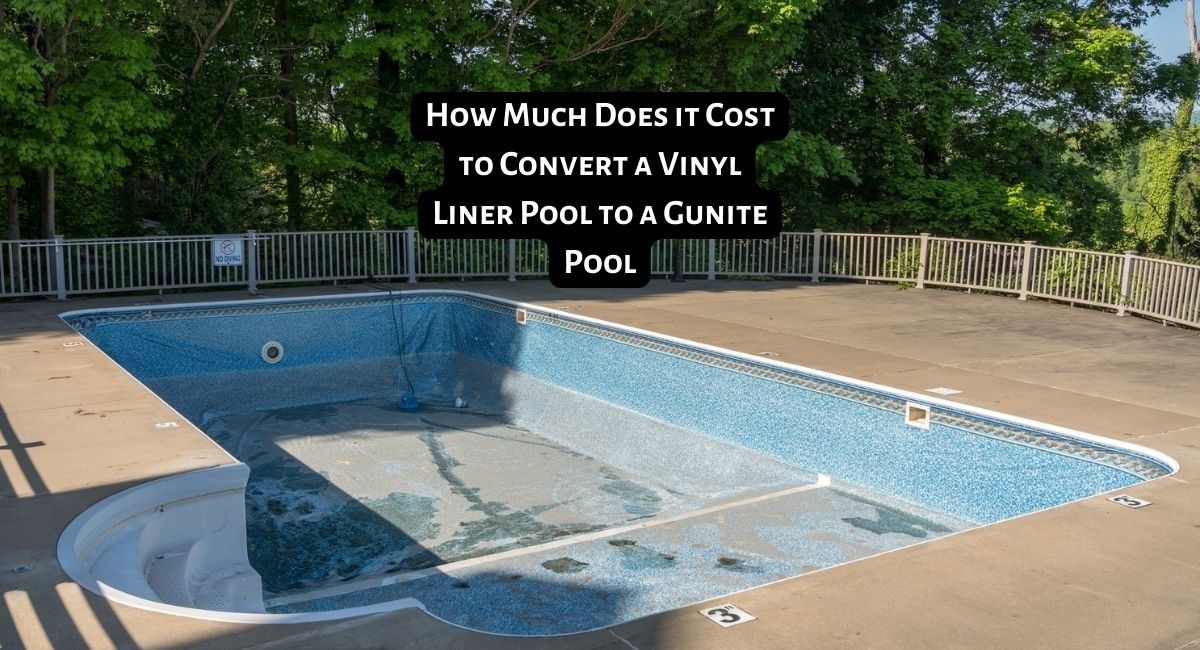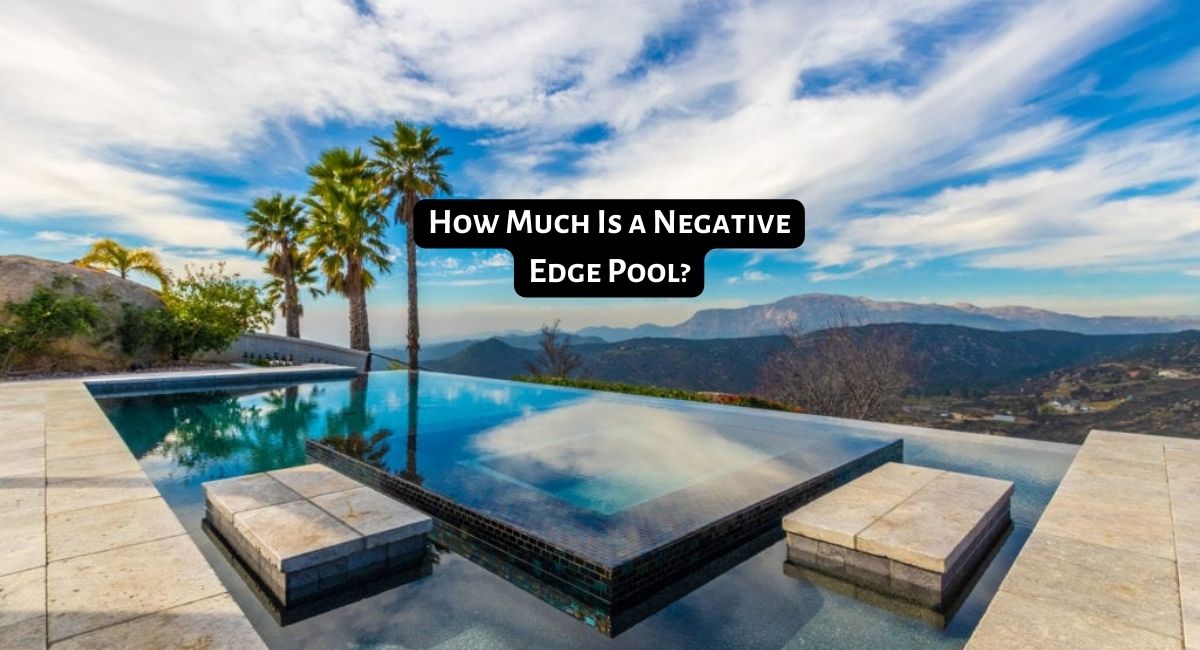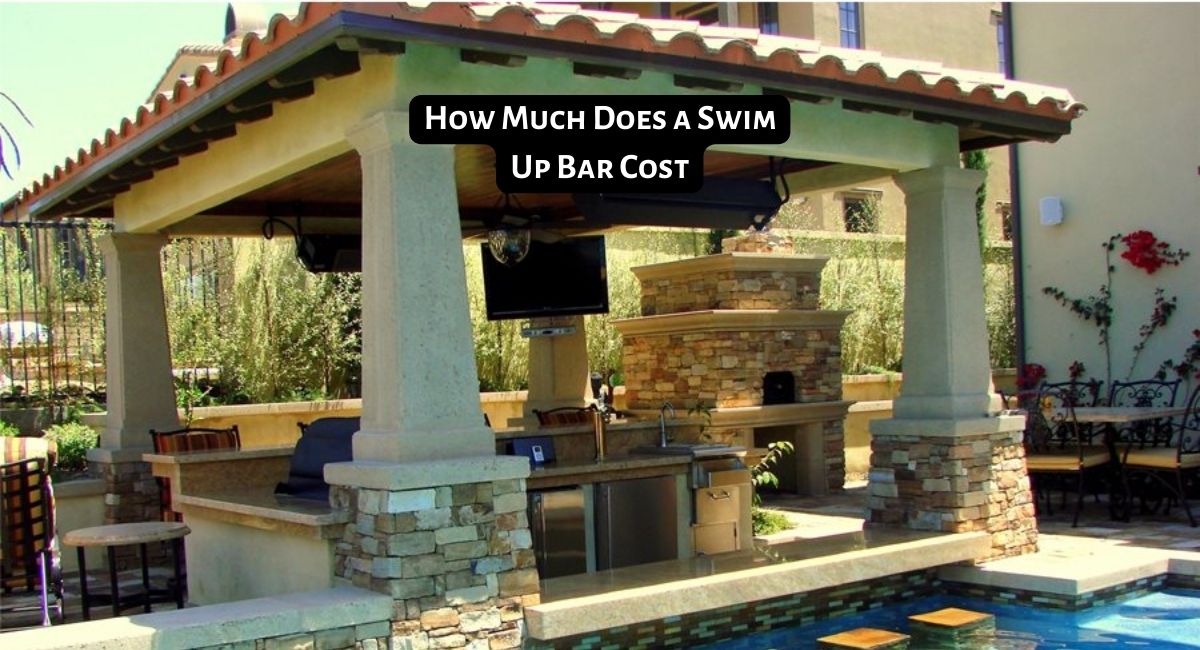If you’re thinking about heating up your gunite pool this winter, one of the first questions that comes to mind is “How much does it cost to install a pool heater?” Fortunately, there are a variety of factors that go into determining the cost, and there are several options available for those who want to heat their pool. In this blog, I’ll provide an overview of the cost factors and discuss the various types of pool heaters available so you can make an informed decision about what will be the best option for your gunite pool.
TL;DR
Installing a pool heater can be expensive, but it’s also necessary if you want to enjoy your swimming pool all year round. On average, installing a pool heater costs anywhere from $2,000-$5,000. This cost includes materials such as the heater itself and components for installation, as well as labor costs for the installation. The exact cost of installing a pool heater will depend on factors such as the type of heater and the size of your pool. If you have a gunite pool, it’s important to hire an experienced contractor to install your new heater so that you get the best performance possible from it.
Table of Contents
- 1 How Much Does It Cost To Install a Pool Heater?
- 1.1 What Are the Different Types of Pool Heaters?
- 1.2 Installation Costs by Pool Heater Type
- 1.3 Pool Heater Installation Cost Factors
- 1.4 Additional Pool Heater Installation Cost Factors
- 1.5 Pool Heater vs Hot Tub
- 1.6 Pool Heater Monthly Costs
- 1.7 Pool Heater Maintenance Costs
- 1.8 How Much Does It Cost to Install a Pool Heater Yourself?
- 1.9 Pool Heater Replacement
- 2 Conclusion
- 3 Frequently Asked Questions (FAQs)
How Much Does It Cost To Install a Pool Heater?
First, let’s take a look at some of the factors that determine the overall cost of pool heater installation. The type of pool heater you choose, the size and shape of your pool, and other features such as a heat exchanger or heat pump all contribute to the price. Additionally, labor costs for installation can vary depending on where you’re located, so it’s important to factor in these costs when calculating how much you’ll be spending.
What Are the Different Types of Pool Heaters?
When looking into pool heater installation costs, it is important to consider the type of heater you would like to have installed. There are several different types of pool heaters available on the market, each with varying installation and running costs.
- The most popular option available is a gas-powered heater, which uses either natural gas or propane as fuel sources. Gas-powered heaters tend to be relatively quick at heating pools, making them ideal if you’re in a hurry to get your pool heated up quickly for swimming season. The downside to this type of heater is that they can be expensive both in terms of initial installation cost and running costs.
- Electric heat pumps are another popular option for heating pools, and they tend to be cheaper than gas-powered heaters in terms of running costs, operating more efficiently and last longer than their gas counterparts. That said, electric heat pumps can take significantly longer to heat a pool compared to gas-powered units, so it’s important to factor this into your decision.
- Solar pool heating systems are becoming increasingly popular due to their environmental benefits and cost savings. These systems use the sun’s energy in order to heat up swimming pools quickly and efficiently without requiring any additional fuel source or electricity. The downside is that these systems require quite a bit of upfront investment in terms of installation costs, but over time you should make back all that money through lower energy bills.
Whichever type of pool heater you decide to go with, be sure to consider the long-term running costs before making a commitment. This will help ensure that you get the best value for your money and don’t find yourself in a situation where you can’t afford to run your new pool heater.
Installation Costs by Pool Heater Type
Whether you’re looking to extend your swimming season or just make the water a bit more comfortable, adding a pool heater is an excellent way to achieve both. But how much does it cost to install a pool heater? Unfortunately, there isn’t one simple answer; installation costs can vary greatly depending on the type of pool heater that you choose.
- Gas Pool Heater
A gas-powered pool heater is generally considered the most efficient option for heating pools and spas quickly, but it also tends to be the most expensive type of pool heater. Depending on the size and quality of the unit, as well as labor costs associated with installation, installing a gas-powered pool heater can range anywhere from $2,000 to $10,000.
- Electric Pool Heater
An electric pool heater is a less expensive option than a gas-powered one but it is typically slower to heat the water and has higher operational costs. Like its gas counterpart, installation costs for electric pool heaters can range drastically depending on size of the unit and labor charges; however, you can expect to pay anywhere from $1,500 to $5,000 for an electric pool heater.
- Solar Pool Heater
A solar-powered pool heater won’t cost as much up front as the other two types of pool heaters but it can take longer to warm your swimming or spa area. Solar powered units are designed to work with the sun’s energy, and as such, can be used anywhere with adequate sunlight. Installation costs for solar pool heaters vary based on the size of your pool and other factors; however, you can expect to pay between $2,000 and $5,000 for installation.
No matter what type of pool heater you choose, it is important to remember that installation costs are just part of the equation when it comes to heating your swimming area. With any type of pool heater, there are also operational costs associated with running the unit that need to be factored into your total cost.
Pool Heater Installation Cost Factors
When planning to install a pool heater, you need to consider the cost of the unit itself, as well as additional installation costs. This includes the price of any tools or materials needed to complete the job. The type of heater you choose and its size will also affect the overall cost. Furthermore, labor costs will vary greatly depending on how complex the installation is and whether it requires professional assistance.
The location of your pool heater is an important factor in determining its installation cost. If your home has limited accessible space for a pool heater, it may require more installation work than if there were ample space available. Installing a pool heater in an existing deck or patio can be relatively straightforward; however, creating new fixtures or structures for mounting the heater may require more time and specialized skills.
Energy efficiency is another important factor to consider when installing a pool heater. Higher end models tend to be more expensive, but they can also substantially reduce running costs over time if used correctly. Consider not only the initial cost of the unit, but also its long-term energy use before making your selection.
The most cost effective way to install a pool heater will depend on your specific budget and needs. If you are comfortable performing the installation yourself with tools and materials from a local home goods store, or with assistance from family members or friends, that may be an option for you. However, for larger projects involving complex set-ups or professional labor, it may be worth hiring one to help you out.
Additional Pool Heater Installation Cost Factors
When considering the cost to install a pool heater, you should also factor in additional costs.
Depending on your local codes and regulations, permits or inspections may be required. This could incur an additional cost of $100-$500. In some cases, professional installation might also be required. If so, expect to pay for labor charges.
The cost of labor varies greatly depending on your location but averages around $50 per hour and can take anywhere from four to eight hours to complete the job depending on the complexity of the setup.
You’ll also need to purchase any necessary parts like hoses and fittings which can range from about $25-$150 depending on what is needed for your particular system. Moreover, you will need electricity or gas to power the pool heater so you may need to install additional wiring and/or plumbing. This could cost an extra $200-400 depending on the complexity of your system.
Finally, you should consider the cost of regular maintenance for your pool heater. Most heaters require yearly or biannual tuneups which can cost around $50-$100 per visit. If any parts need replacing during the tuneup, costs can add up quickly, so make sure to factor that in when budgeting for installation costs.
Pool Heater vs Hot Tub
When it comes to installing a pool heater, the cost is largely determined by the size and type of heater you choose. There are two main types of heaters for pools and hot tubs – pool heaters and hot tub heaters. Pool heaters are typically larger than most hot tub heaters, so they tend to be more expensive. The size of your pool will also influence the cost of installation – larger pools require more powerful heating systems.
Pool heaters use either natural gas or propane as fuel sources, which can make them more expensive than other types of pool heating systems such as solar power or electric models. Natural gas-powered models require an additional venting system that must be installed along with the pool heater, and these can add to the cost of installation.
On the other hand, hot tub heaters are generally smaller in size than their pool counterparts and run on electricity. They are also more accessible, as they don’t require additional venting systems. Hot tub heaters can be installed indoors or outdoors, depending on the model you choose. Additionally, most hot tub heaters come with built-in thermostats that allow for precise temperature control.
Pool Heater Monthly Costs
Installing a pool heater can be a great way to enjoy your swimming pool all year round, as it ensures comfortable temperatures for swimming in any season. However, there are some costs associated with installing and maintaining a pool heater that you should consider before committing to the purchase. The monthly cost of running a pool heater will depend on the type of heating system you choose as well as its size.
Gas heaters are the most popular choice for pools because they offer fast heating times and efficient operation. These types of heaters use natural gas or propane, which must be purchased from the local utility company at an additional expense each month. Maintenance costs for these units may also need to be factored into your budget depending on how old the unit is and how often it needs to be serviced.
Electric pool heaters are another popular option, but these can be costly to run. Electric heaters require a substantial amount of electricity to operate, which can drive up your monthly electric bill considerably. Maintenance costs for electric heaters tend to be lower than gas models since they do not need as much servicing; however, you will still need to budget for any repairs or replacements that may be necessary over time.
Heat pumps are the most energy-efficient type of heating system available for pools, as they use outside air temperatures to help reduce the amount of electricity needed for operation. While the upfront cost for a heat pump is generally more expensive than other types of pool heater, many homeowners find that the long-term savings in energy costs make it a worthwhile investment. Maintenance for heat pumps is also typically less expensive than gas and electric models, but you may have to budget for upkeep costs over time.
Pool Heater Maintenance Costs
Pool heaters are a great addition to any pool. They help keep the water temperature perfect no matter the season, and they come in a variety of sizes and types so you can find one that’s right for your pool. But with any type of mechanical device, there is maintenance involved, and this includes pool heaters. Depending on the type of heater you have installed, maintenance costs can vary significantly from year to year. Here’s what you need to know about keeping your pool heater running smoothly:
- Gas Heat Pumps: Gas heat pumps require regular checkups every few years or after heavy use during peak seasons. Depending on the size of your pump, these checkups can cost anywhere from $50-$150 per visit. Additionally, you’ll need to replace the filter every two years (at a cost of about $100) and have any water damage on the pump repaired (costs vary based on severity).
- Electric Heat Pumps: Electric heat pumps are a bit simpler to maintain than gas varieties. They require less regular maintenance, but they still need to be checked periodically. Typically, an electric heat pump should be looked at once every three or four years. This visit will likely cost around $50-$100 depending on how large your system is. You’ll also want to check the electrical cords regularly for wear and tear and replace them as needed – this can run anywhere from $20-$150 each time, depending on the size of the cord.
How Much Does It Cost to Install a Pool Heater Yourself?
If you’re a do-it-yourselfer, you may be wondering if it’s possible to install your own pool heater. The answer is yes! Installing a pool heater yourself can save you money on labor costs and allow you to avoid the hassle of hiring a professional contractor.
The cost to install a pool heater varies widely depending on the type of heater you choose and the complexity of your project. Generally, installing an aboveground pool heater will cost less than installing an inground one due to fewer materials needed. Additionally, larger pools require more materials, so they tend to cost more as well.
In terms of equipment, expect to pay anywhere from $200-$2500 for an aboveground pool heater and $500-$7,000 for an inground one. This is in addition to any installation materials required, such as pipe fittings and wiring. The cost of these materials can range from a few hundred dollars to several thousand depending on the size of your project.
Pool Heater Replacement
Replacing an existing pool heater with a new one can be expensive. The cost of the replacement will depend on the size and type of the heater, as well as where it is located and what kind of installation is required.
In general, you should expect to pay anywhere from $1500-$4000 for the purchase and installation of a new pool heater. This can include labor costs for installing the unit, as well as materials such as copper piping or wiring necessary to hook up the new unit. If you need to upgrade your current electrical service to accommodate a higher-powered unit, that will add additional costs.
The cost also depends on what kind of fuel source is used for the heater – electric or gas powered models will have different costs associated with them. If you choose to go with a non-traditional fuel source, such as solar energy or heat pump, the cost may drastically increase. The price of a new heater can range anywhere from $1,000 to $3,500 depending on the type and size of the unit purchased. Installation costs can vary widely based on the complexity of the job; it is best to get an estimate from a licensed professional for the exact number.
Conclusion
Installing a pool heater is an important step in ensuring that your family can enjoy their pool all year round. It may seem expensive at first, but the upfront cost for installation is usually outweighed by the long-term savings and convenience that come with being able to heat your pool. With the right model, you can expect to spend anywhere from $2,000-$5,000 depending on the size of your pool and the type of heater you choose. If you’re looking for a more efficient system, you should also factor in additional costs such as insulation, pumps and filters into your budget.
Ultimately, investing in a good quality heating system will save you money over time and guarantee years of safe, comfortable swimming no matter what the weather is like. So if you’re looking to get the most out of your gunite pool, don’t forget to consider installing a pool heater. The investment will pay off in the long run!
Frequently Asked Questions (FAQs)
1. How much does it cost to put a heater in a pool?
Installing a pool heater can range in cost between $1,500 and $3,000, depending on the type of heater you choose and the size of your pool. Installation requires some additional costs for labor as well as any parts or materials needed to complete the job. In addition to installation costs, you may also need to pay for local permitting fees and inspections. The overall cost of installing a pool heater can vary greatly based on these factors. It is important to research all available options and obtain quotes from multiple professionals before making your decision.
2. Where is the best place to install a pool heater?
The best place to install a pool heater depends on the type of pool you have and your specific needs. For an above-ground swimming pool, it’s best to install the heater near the filter so that it can take advantage of existing water circulation. For in-ground pools, you should consult with a professional installer to determine the optimal placement for maximum efficiency and safety. Other considerations include access to gas lines or electricity, distance from other structures such as trees or houses, and any wind patterns around the area.
3. Should I install pool heater?
The decision whether to install pool heater or not depends on personal preference. If you plan to use the pool frequently during the cooler months and want to maintain a comfortable temperature, then it might be worth investing in a pool heater. However, bear in mind that there are associated costs with installation and running a pool heater including labour costs, initial cost of equipment as well as ongoing energy costs, which can add up quickly. To get an idea of how much does it cost to install a pool heater, you should obtain quotes from professional contractors who specialize in this work.
4. How long does a pool heater last?
On average, a pool heater lasts between 8-12 years with proper maintenance and care. The lifespan of your pool heater depends on the type of heater you buy, how often it is used, and the climate in which you live. If you take good care of your pool heater and properly maintain it, it can last longer than its expected lifetime. It is important to check the manufacturer’s instructions for specific advice on how to extend its lifespan. Regularly scheduled servicing will help ensure your unit runs optimally and lasts as long as possible.
